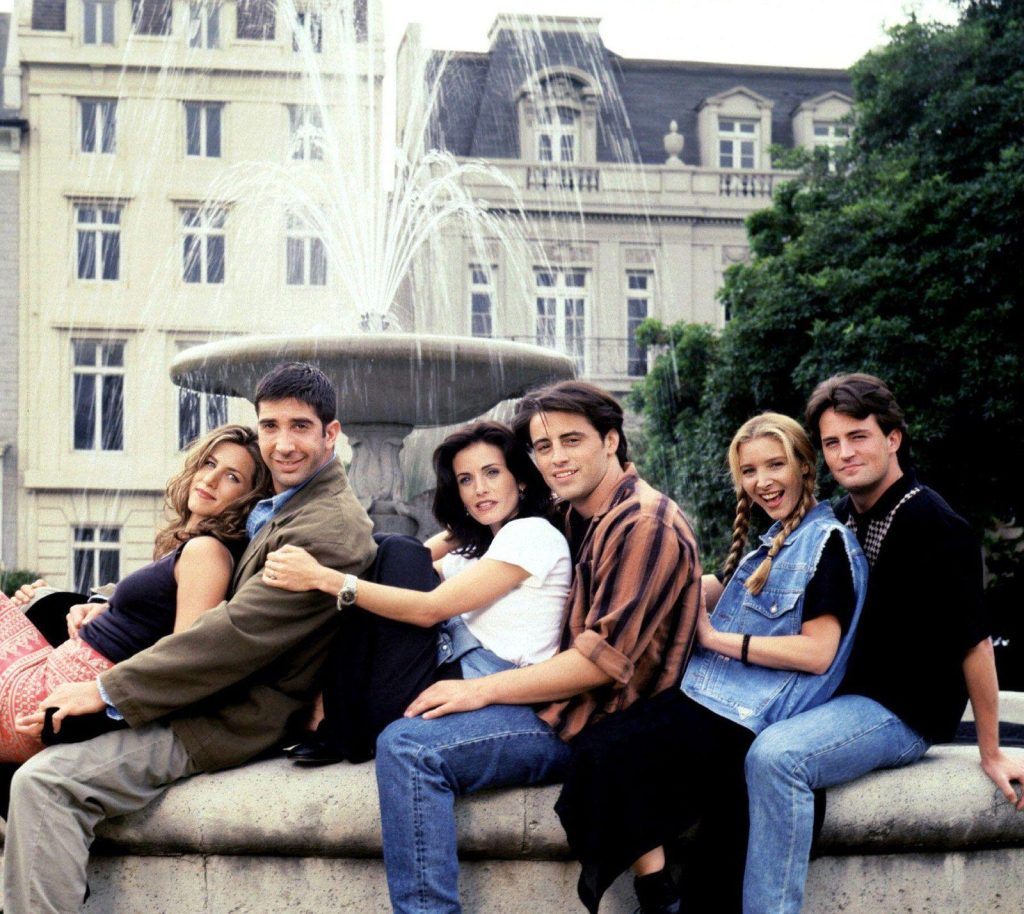In the dimly lit corners of our living rooms, where shadows dance across walls and the world outside fades into obscurity, true crime shows captivate audiences with tales of mystery, intrigue, and human fallibility. These narratives, woven from the threads of real-life tragedies, offer a gripping exploration of the darkest recesses of human nature. Yet, as these stories unfold on our screens, a growing debate emerges from the shadows: should the genre that feeds our fascination with the macabre be subject to tighter scrutiny and regulation? As the boundary between storytelling and sensationalism blurs, this article delves into the ethical, psychological, and societal implications of true crime shows, exploring whether it’s time to reassess their impact and control.
The Ethical Dilemma of True Crime Entertainment
True crime entertainment walks a fine line between captivating storytelling and ethical concerns. On one hand, these shows bring awareness to real-world crimes and often highlight systemic issues within law enforcement and the justice system. They can serve as platforms for advocacy, providing voices to the voiceless and sparking important conversations about societal change. On the other hand, the sensationalism of these narratives can be deeply unsettling, especially for victims’ families who may feel their tragedies are being exploited for entertainment purposes.
Critics argue that the portrayal of violence and crime can desensitize audiences, potentially normalizing heinous acts and reducing the seriousness of the issues at hand. Furthermore, the quest for ratings might lead producers to prioritize dramatic flair over factual accuracy, thus misrepresenting cases and individuals involved. In light of these concerns, several questions arise:
- Should there be stricter guidelines to protect the dignity and privacy of those affected?
- How can creators ensure that their work is both respectful and responsible?
- Is there a way to balance storytelling with sensitivity?

Balancing Public Interest with Sensitivity to Victims
True crime shows often walk a fine line between satisfying public curiosity and respecting the dignity of victims and their families. While these shows can serve as powerful tools for awareness and justice, they also risk sensationalizing tragedy. The delicate balance involves not only the ethical responsibility of creators but also the role of regulation in ensuring that victims’ stories are handled with care and sensitivity.
- Ethical Storytelling: Content creators should be mindful of how they portray victims and their families, avoiding exploitation and ensuring that narratives are respectful and factual.
- Privacy Considerations: Implementing guidelines to protect the identities and personal details of those involved can prevent further trauma and distress.
- Informed Consent: Seeking permission from the families of victims can be a vital step in crafting a narrative that honors their loved ones while still informing the public.
Balancing these elements requires thoughtful regulation that not only acknowledges the public’s right to information but also upholds the dignity and privacy of victims. As the genre continues to evolve, so too should the frameworks that guide its creation, ensuring a respectful and conscientious approach to storytelling.

The Impact of Unregulated Content on Society
The prevalence of unregulated content, particularly in the realm of true crime shows, has sparked a multifaceted impact on society. While these shows captivate audiences with their intricate storytelling and exploration of human nature, they often blur the lines between entertainment and ethical responsibility. Without stringent oversight, there is a risk of sensationalizing real-life tragedies, potentially causing distress to victims’ families and misrepresenting facts. Moreover, the glamorization of criminal behavior can desensitize viewers to violence and crime, altering societal perceptions of justice and morality.
Key concerns associated with unregulated true crime content include:
- Privacy Violations: The exposure of personal details and sensitive information without consent.
- Inaccuracy: Potential distortion of facts for dramatic effect, leading to misinformation.
- Ethical Dilemmas: The moral implications of profiting from others’ misfortunes.
- Psychological Impact: Possible anxiety or fear induced in viewers, especially those with a personal connection to crime.
As society grapples with these issues, it is crucial to consider whether more stringent regulations could mitigate the adverse effects while still preserving the educational and entertainment value of true crime narratives.

Strategies for Implementing Effective Oversight in True Crime Productions
In the realm of true crime productions, ensuring ethical storytelling and accurate representation is crucial. One effective strategy is to establish a comprehensive review board that includes legal experts, psychologists, and media ethicists. This board would evaluate content for factual accuracy, potential biases, and the respectful portrayal of victims and their families. Additionally, implementing clear guidelines for reenactments can prevent sensationalism and ensure that dramatizations do not distort the truth.
- Stakeholder Consultation: Engage with law enforcement, legal experts, and family members to gain a holistic view of each case.
- Fact-Checking Protocols: Employ dedicated researchers to verify all aspects of the story, ensuring no detail is overlooked.
- Ethical Storytelling Workshops: Train producers and writers in ethical considerations specific to true crime narratives.
Moreover, fostering transparency with audiences can build trust and credibility. Providing disclaimers for dramatizations, sharing sources, and encouraging feedback can create a more informed viewer experience. By adopting these strategies, true crime productions can maintain high standards of integrity and respect, while still captivating audiences with compelling narratives.









